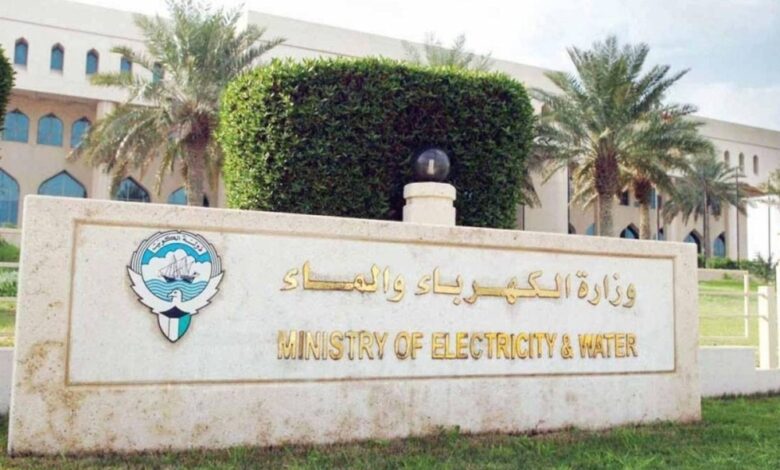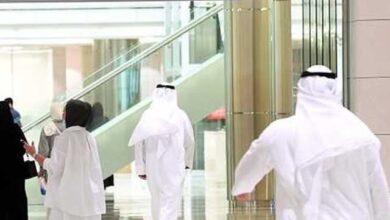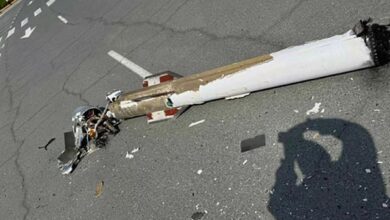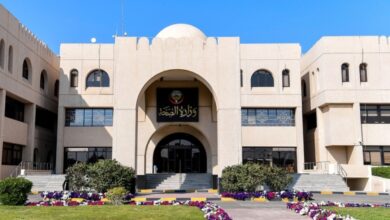Soaring temperatures push electricity demand near red alert, warning of summer crisis

The start of summer in Kuwait has brought with it a surge in electricity demand, pushing the load indicator to a record 11,215 megawatts. This rise in demand, coupled with rising temperatures reaching 38 degrees Celsius, has put the Ministry of Electricity and Water on high alert, fearing a potential energy crisis as temperatures approach 50 degrees.
Several factors contribute to the surge in electricity demand during the summer months. The widespread use of air conditioning, especially in older, less efficient models, places a significant strain on the power grid.
Increased reliance on artificial lighting during the longer summer evenings adds to the demand. The operation of household, commercial, and industrial appliances further contributes to the consumption of electricity.
A significant portion of the electricity consumed in Kuwait’s older “Arab houses” can be attributed to the use of outdated, energy-inefficient appliances. These homes often lack adequate insulation, further exacerbating the problem.
A recent survey conducted by Al- Jarida newspaper in densely populated areas like Khaitan, Farwaniya, and Al-Jleeb revealed the prevalence of old, high-energy-consumption air conditioners in Arab houses.
Impact of energy-inefficient appliances
The energy consumption of these older homes varies depending on factors such as family size, appliance usage, and energy-saving practices. However, the lack of efficient air conditioning and insulation, coupled with the density of occupants in these houses, significantly contributes to overall energy demand.
The issue extends beyond air conditioning. These homes often lack energy-efficient lighting and proper insulation, leading to further energy losses. Additionally, some rooms are rented out to multiple tenants, intensifying the impact of appliance usage.
Al-Jarida’s investigation uncovered the use of some rooms in these houses as clandestine factories, operating energy-intensive machinery for extended periods. This hidden energy consumption adds to the overall strain on the electricity grid.
Urgent solutions needed
To mitigate the negative impact of energy-inefficient practices, several solutions can be considered.
Encouraging the replacement of old air conditioners with energy-efficient models can significantly reduce energy consumption. Raising awareness about energy-saving practices, such as using energy-efficient lighting and appliances, can help curb overall demand. The Ministry of Electricity and Water could implement measures to discourage the use of highly inefficient appliances.
The government and relevant institutions are continuously monitoring and analyzing electricity consumption patterns to ensure a sustainable and efficient supply. They are also promoting energy efficiency measures and exploring renewable energy sources.












